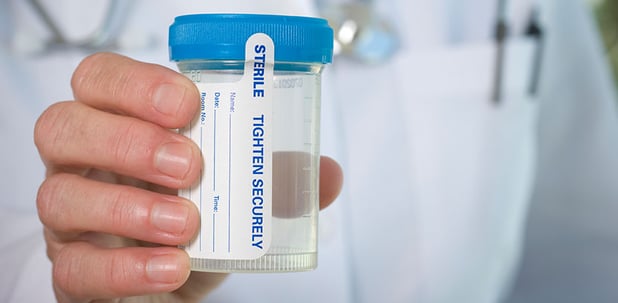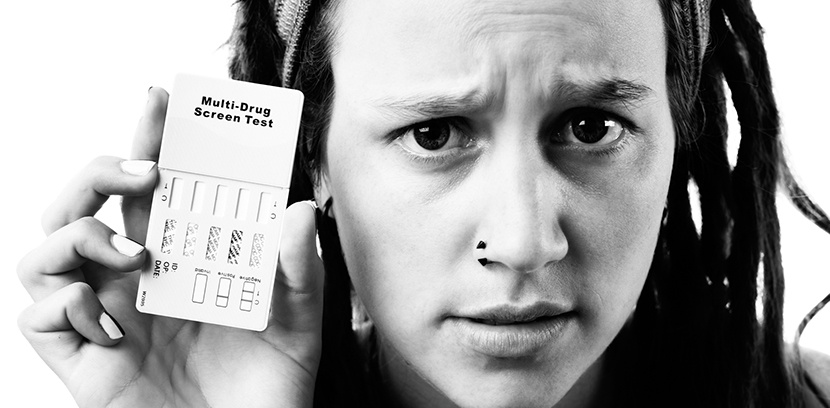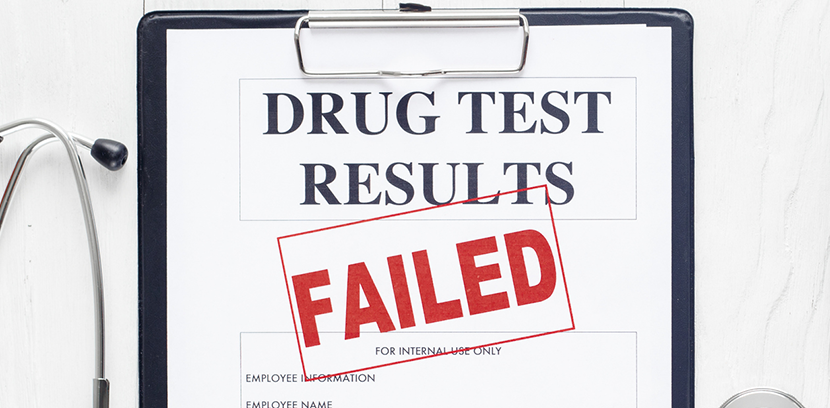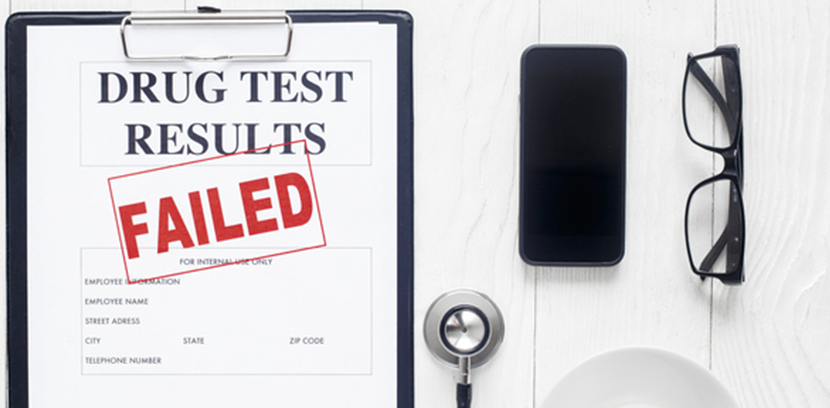What You Should Know About Pre-Employment Drug Screening

The resume is flawless. The interview went perfectly. The job is yours, depending on the results of a background check and...drug screening. The very thought is frightening to most applicants, whether they use recreational drugs or not, when a great job is on the line. What exactly will employers find in that drug screening? The answers may surprise you.
Pre and Post Employment Drug Testing
Why Drug Screening?
Depending on the type of job, illicit drug use can impact job performance and the lives of other people. For employment that requires operating heavy machinery or the health and safety of others, employers should especially be alert to drug use. In fact, the National Council on Alcoholism and Drug Dependence estimates that drug abuse costs employers approximately $81 billion each year. Drug use can also affect workplace concentration and judgment and, if illegal drugs are involved, could put the employer at risk. To reduce employer risk, we recommend lab conducted drug testing.
See also: What Employers Need to Know about the Legalization of Marijuana
What Drugs are you Testing For?
Two of the most common drug screens that employers are requesting are the 5-panel and the 10-panel drug tests.
The 5-panel drug test screens for the following:
- Cocaine
- Amphetamine/Methamphetamine
- Opiates such as heroin, codeine and morphine
- Phencyclidine or PCP
- THC (marijuana)
The 10-panel drug test includes:
- Cocaine
- Amphetamine
- Methamphetamine
- Opiates such as heroin, codeine and morphine
- Phencyclidine or PCP
- THC (marijuana)
- Propoxyphene
- Methadone
- Barbiturates
- Benzodiazepines
Obviously if an applicant isn't using cocaine, heroin, meth, PCP, or pot, the assumption is that they should pass the 5-panel with no problem. However, some marijuana use may not be detected, if THC has been removed (as is common with medical marijuana). Also, prescription pain medication and other prescriptions such as adderall, penicillin, novocaine, hydrocodone or oxycodone could be detected.
The 10-panel includes more recreational drugs but also more prescription medications such as Xanax, Valium, Rohypnol, Ativan and some weight-loss drugs.
Important: If you are using prescription medication, this information should be disclosed prior to the drug screening.
Can you "beat" a Drug Test?
This question is probably one of the most common questions asked to search engines due to the reason stated in the first paragraph. When a great job could be yours, you want to be prepared for the drug test. Drugs remaining in your system depends on many factors:
- The person's metabolism
- The drug concentration or dosage
- How often the drug was used
- The type of drug
- The type of drug test
- The sensitivity of the test
Drug testing may include several types of specimens, such as:
- Urine
- Blood
- Hair
- Nails
- Saliva
Hair and nail clippings may provide information from 30 days up to a 6 month timeframe. In urine, drugs may be detected for up to a week to ten days. Blood and saliva will offer more information on immediate drug use, especially if the applicant appears impaired at the time of testing.
It is possible to undermine the test results of a urine drug screening by diluting the urine, purchasing synthetic urine or using an oxidizing agent to break up any detectable amounts in the urine. However, any employer with a comprehensive drug testing program will be able to detect if urine is tainted.
What's an Employer to Do?
Believe it or not, employers do have a right to do randomized drug testing on a regularly scheduled basis (or under the premise of reasonable suspicion). Employers may also request a drug screen within a short window so the applicant is unprepared to cheat the test. Employers also have the option to test other specimens, as noted above, so that urine is not the only option.
When the hiring process is streamlined, including an electronic drug screening process, the employer is more prepared with the forms and paperwork ready and available online. The results can also be obtained faster, virtually eliminating the long, nerve-wracking wait for results for the applicant.
The right applicant can find out quickly that the perfect job is theirs for the taking.

Author's Note
The content in this blog is designed to deliver an educational overview of the pre-employment drug screening process. Please note that VeriFirst is unable to provide advice to job applicants regarding test procedures and outcomes. If you are a job seeker (not an employer), please visit the FAQ on drug screening laws provided by WorkplaceFairness.Org.
Thank you for visiting VeriFirst!
Share this
You May Also Like
These Related Stories

Drug Screening FAQ for Human Resources Professionals

What Happens When an Employee Fails a Drug Test?


